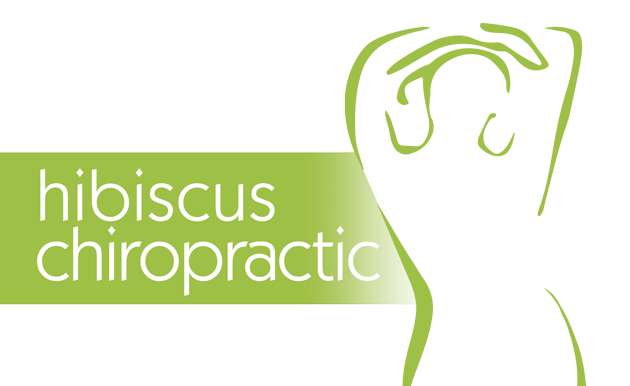Not all jaw issues come with an obvious “click” or pop. In fact, many people with temporomandibular joint (TMJ) dysfunction don’t even realise their symptoms are connected to the jaw at all. If you’ve been experiencing strange or persistent symptoms—especially ones that don’t respond to typical care—your jaw might be the hidden link.
Here are three lesser-known signs that could point to TMJ dysfunction:
1. Frequent Headaches or Facial Tension
If you’re getting headaches around the temples or feel pressure in your face, it could be more than stress or dehydration. The muscles involved in chewing and jaw movement connect closely with the head and neck. When the jaw joint isn’t moving properly, the surrounding muscles compensate—leading to tightness, inflammation, and even referred pain in the head or face.
2. Ear Fullness, Ringing, or Dizziness
The TMJ sits just in front of your ears, and dysfunction in this joint can affect nearby structures. Some people experience persistent ear symptoms such as a feeling of fullness, ringing (tinnitus), or unexplained dizziness—often without any sign of ear infection. These are subtle clues that point to the jaw as a potential underlying cause.
3. Neck and Shoulder Pain That Won’t Go Away
The alignment of your jaw and your neck go hand-in-hand. Forward head posture—a common postural issue in desk workers and device users—places abnormal stress on the cervical spine, which can in turn impact the position and function of the TMJ. A 2025 pilot randomized trial found that correcting forward head posture significantly improved TMJ symptoms using a cervical extension traction orthotic. This suggests that addressing cervical posture may be key to alleviating jaw-related pain and dysfunction. [1]
It’s All Connected
Because the jaw, neck, and spine are all closely integrated, dysfunction in one area often ripples through the others. That’s why jaw issues may not just cause local discomfort—but also affect balance, posture, breathing, and nervous system communication.
If you’ve been dealing with recurring symptoms like those above and haven’t considered your jaw or posture, it might be time for a fresh perspective. A structural assessment of your posture, spine, and jaw function may uncover the root of your issues—and guide you toward a solution that actually lasts.
Sources:
[1] Mohammad Zadeh, S.A., Shousha, T., Moustafa, I.M., Khowailed, I., & Harrison, D.E. (2025). Does forward head posture correction improve temporomandibular joint dysfunction? A pilot randomized trial using a cervical extension traction orthotic. September 8, 2025.

